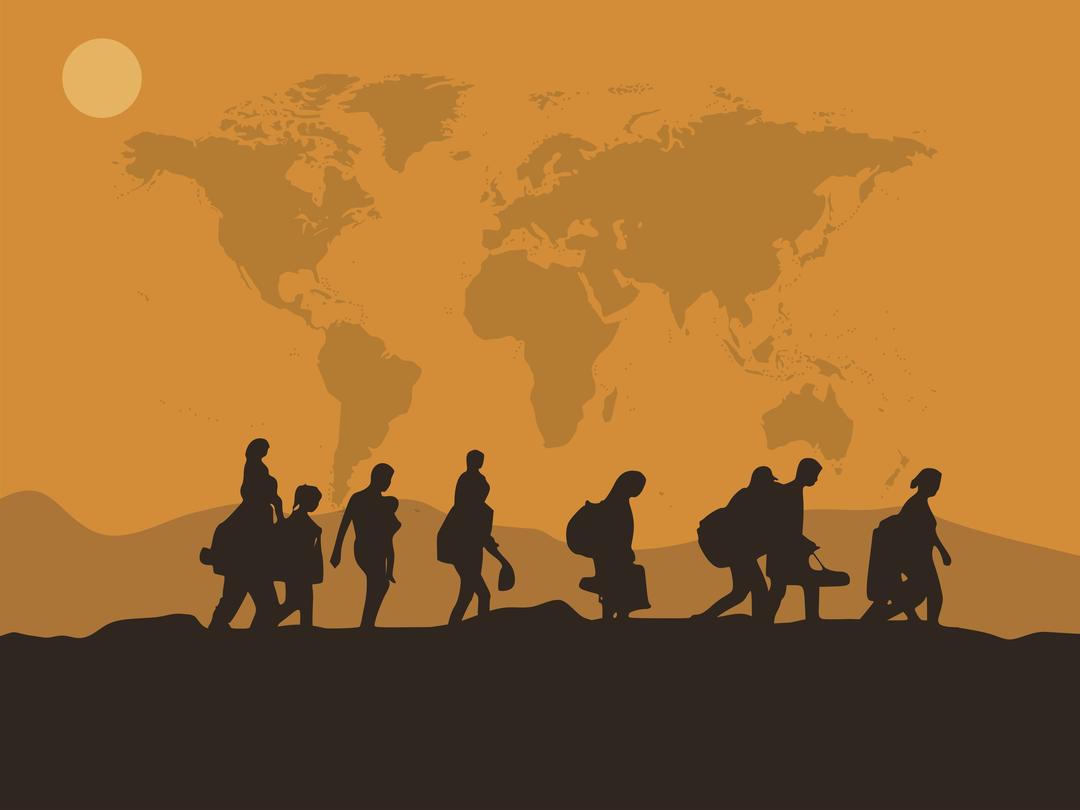Religion & Forced Migration Initiative Launches a New Website for Refugees and Refugee Advocates

On World Refugee Day, June 20, 2022, the Office of Religious Life’s Religion & Forced Migration Initiative (RFMI) launched a new website that houses multiple projects that have been under development by RFMI since its formation in 2018. Under the leadership of Katherine Clifton, ORL coordinator of Religion & Forced Migration, and Associate Dean of Religious Life Matthew C. Weiner, RFMI’s development and curation of this online resource responds to a gap in our shared public, civic and scholarly knowledge when it comes to the appreciation of the religious and spiritual lives of refugees and the role of faith-based organizations in welcoming newcomers to the United States. The new RFMI website centralizes the experiences and voices of refugees with the goal of strengthening refugee services and the refugee resettlement structure at large. RFMI is co-sponsored by the U.S. Conference of Catholic Bishops’ Migration & Refugee Services and funded by the Henry Luce Foundation.
The resources featured on the new RFMI website include the Oral History Project on Religion & Resettlement, the Refugee Resource Mapping tool, and a collection of educational materials about refugees. The Oral History Archive, consisting of over 170 interviews from every major refugee flow to the U.S. since World War II, was compiled by Clifton and the team of Princeton University undergraduate students. No other archive contains the rich diversity of refugee narrators nor considers religion a consistent point of emphasis in interviews. Accompanying the Oral History Project is a library of Learning Materials and curricula to guide educators in the use of the interviews in classes such as history, literature, politics, and religion. The new RFMI website also hosts tools and resources for refugee communities and for folks who would like to support refugees in their city. The site’s Refugee Resources Mapping Tool provides a directory of more than 1,700 organizations in over 150 U.S. cities that offer services for refugees at various stages of resettlement and integration.
Most refugees identify as religious and represent the plurality of the world's religions and most resettlement agencies and service providers are faith-based, yet there has been limited research, documentation, and training about the interplay of religion and resettlement as well as an understanding of the diversity of refugee religion. The Religion & Forced Migration Initiative’s new online platform is now available as a unique and powerful resource that directly responds to this gap.
